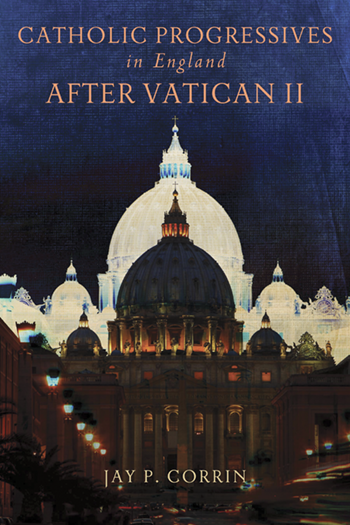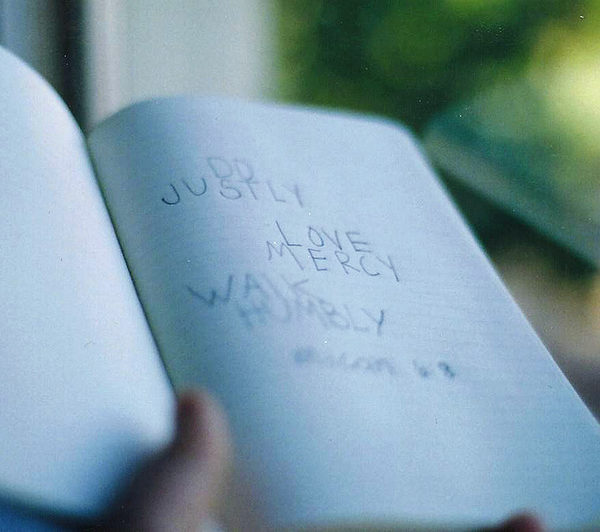
This book examines the development of Catholic social philosophy from the end of World War II up through the turbulent 1960s. Vatican Council II can be seen as the culmination of the Catholic liberal or progressive tradition, the earlier history of which was the subject of my previous book Catholic Intellectuals and the Challenge of Democracy (2002). Thanks to the ground-breaking work of such Catholics as Jacques Maritain, Virgil Michel, Hans Küng, John Courtney Murray and others, there was in place by the calling of Vatican II a theological platform from which the Church could launch a progressive approach to the secular challenges of the modern age.

Every week on the lecture trail I meet progressives who are demoralized and/or infuriated by Barack Obama’s performance as president. They insist that they will not work for him again or even vote for him. Many have signed petitions saying as much. They are finished with Obama.
Often they assume that I agree, since I have criticized many of Obama’s policies throughout his presidency, and I have been deeply involved in the Occupy movement. But my progressive friends and allies are overlooking that many of them made this very mistake in 2000, that their charge of betrayal is exaggerated, and that Barack Obama, for all his temporizing and capitulation, is in important ways America’s most progressive president since FDR. Moreover, electing a more compelling human being to the White House is probably impossible in this country. It is too soon to give up on our first African American president. So I wrote The Obama Question: A Progressive Perspective [….]
